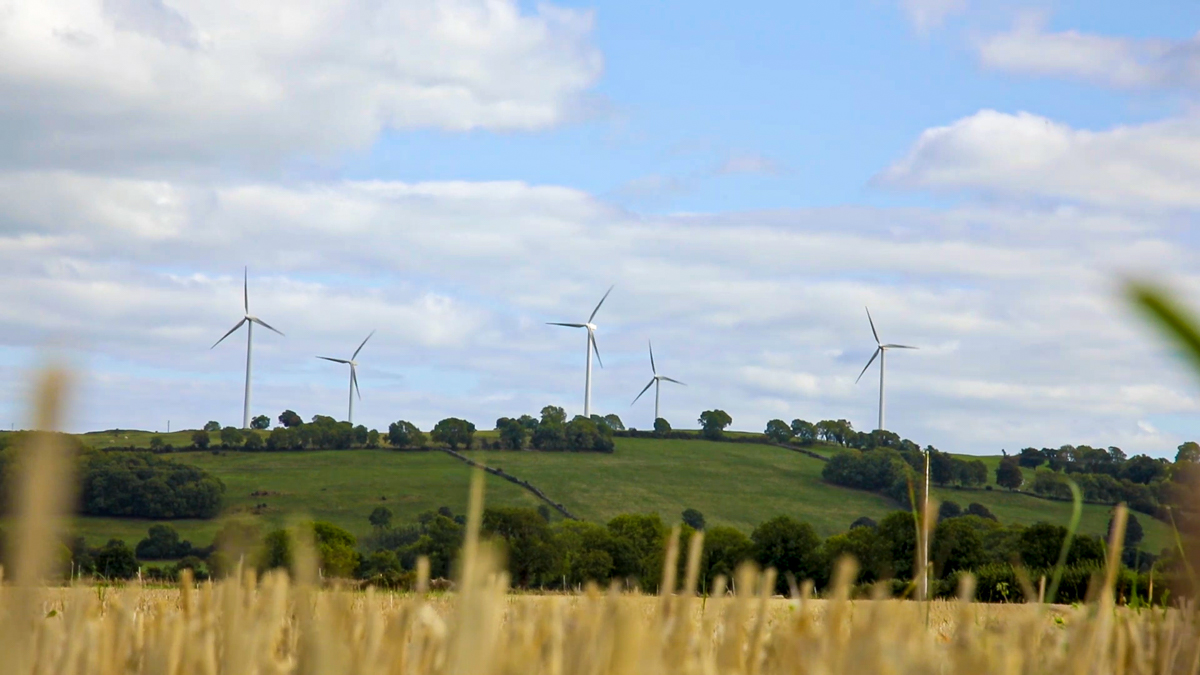The European Commission has said that the disruption to supply chains caused by Covid-19 has shown that Europe can no longer rely entirely on third countries for raw materials that are essential for Europe’s “green transition”.
The European Commission has today (Thursday, September 3) announced actions to make Europe’s raw materials supply “more secure and sustainable”.
According to the commission, the secure supply of raw materials for the EU’s industry is a “long-standing issue”.
Commissioner for Internal Market Thierry Breton said that by “diversifying the supply from third countries and developing the EU’s own capacity for extraction, processing, recycling, refining and separation of rare earths, we can become more resilient and sustainable”.
Why are raw materials needed for renewable energy?
As part of the European Green Deal, the EU has pledged to become carbon neutral by 2050. For that, it is necessary to shift the energy system from fossil fuels to renewable sources, according to the commission.
The rate of deployment of wind turbines and solar panels is then expected to increase rapidly, and so will the demand of raw materials needed to build them.
Deploying wind energy according to the EU plans for 2050 could require, by itself, more dysprosium and terbium than currently available to the EU market, according to a report by the commission.
Dysprosium and terbium are often found and sourced from China, India, Australia and the US.
The need for structural materials: concrete; steel; plastic; glass; iron; chromium; copper; aluminium; manganese; nickel; zinc; and molybdenum is expected to increase for both wind and solar technologies.
These materials, mainly metals and minerals, are used to generate and store renewable energy.
Although materials are expected to be used more efficiently in the future, the overall demand will mainly depend on the volume of renewable technologies that will be deployed.
EU calling for ideas ‘inspired by Apollo 11’ to restore soil health
Meanwhile, the European Commission is also calling for people to present it with ambitious ideas for tackling climate change and improving soil health – so ambitious, that it wants them to be “inspired by Apollo 11”.
The commission has opened a call for ideas on new EU missions, with submissions from citizens focusing on “how to adapt to climate change, fight cancer, build climate-neutral and smart cities and ensure healthy oceans, soil and food”.
One of the five main “mission areas” that the EU is accepting submissions for is improving soil health and food.
According to the commission, this area is important because:
Land and soils are essential for all life-sustaining processes on our planet. They are the basis for the food we grow as well as for many other products such as feed, textiles or wood.
